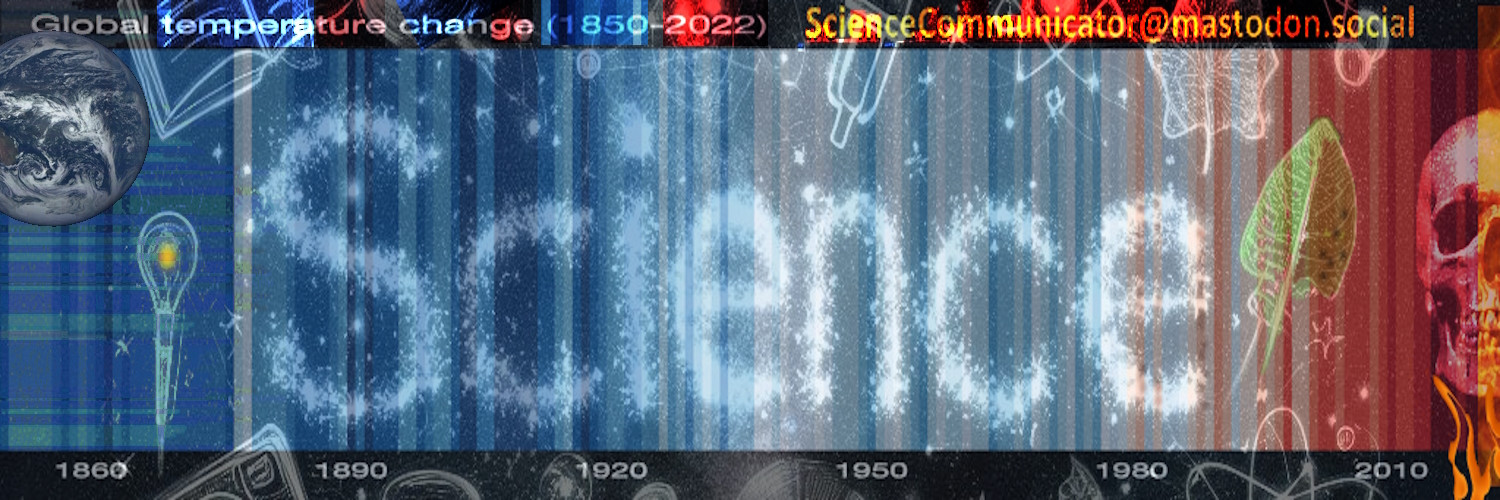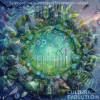
I live in the #UK & have been awarded with a British Psychological Society accredited PgD in the #science of #psychology by Brunel University (London)
I also have an honour's degree in the conservation of biology (awarded by Cumbria University)
l listen to & recommend \ share many science podcasts
#CognitiveTherapist #science #OpenAccess #psychology #ClimateChange #corruption #music #democracy #compassion #vegan (ish) #sustainability
This profile is from a federated server and may be incomplete. Browse more on the original instance.
